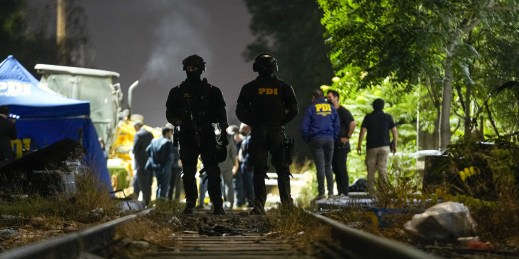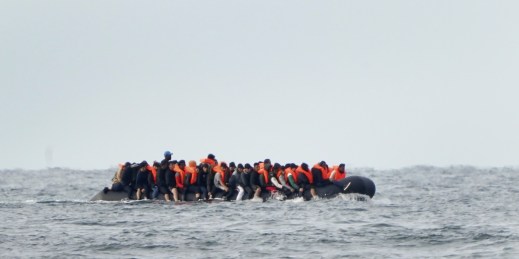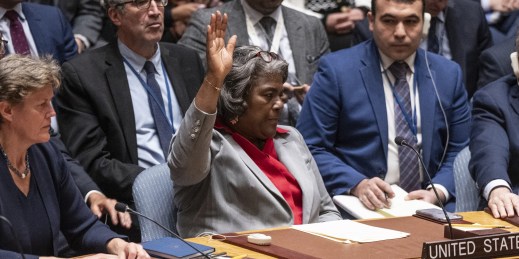
Israel’s use of an automated system to identify targets in Gaza has raised alarm over the advent of autonomous weapons systems. But the fact that Israeli soldiers were “in the loop” in this case gives the concept of AI-powered “Killer Robots” new meaning, while also potentially giving campaigners a new direction for advocacy efforts.





